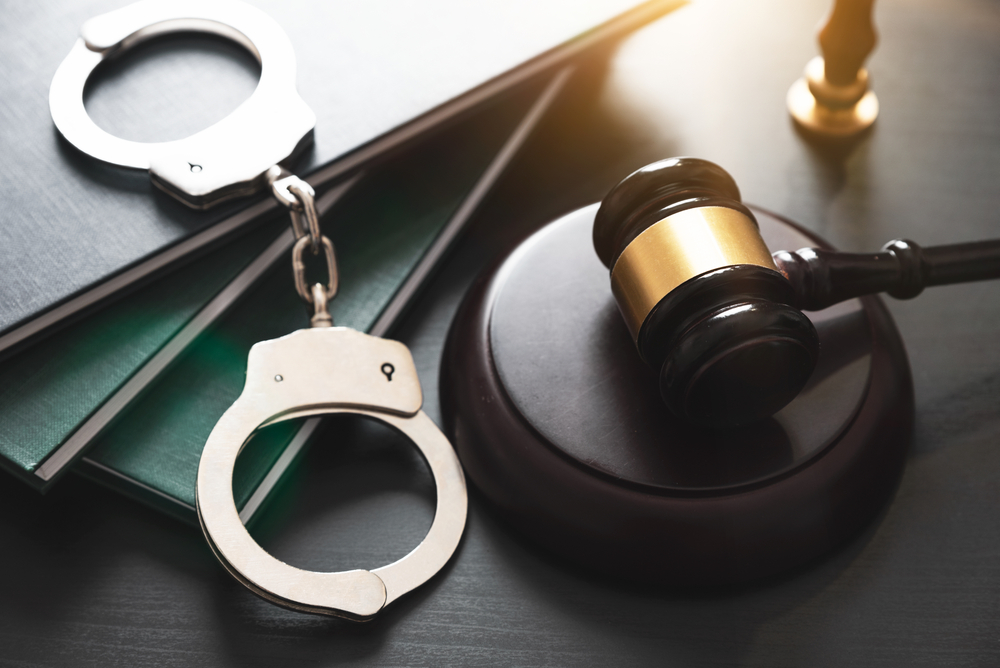New Jersey Post Conviction Motions

Defendants who are dissatisfied with the outcome of a case can, under certain circumstances, seek relief after they are convicted. This is called an application for Post Conviction Relief (PCR).
Frequently, a PCR application is the best or only way of saving a defendant from a long loss of driving privileges or jail term. A successful PCR application may permit the sentencing Court to ignore one of the defendant’s prior offenses. Put differently, a defendant who is facing such a sentence can use a PCR application in an effort to vacate the conviction on the underlying conviction, thereby avoiding the sentencing enhancements.
While the PCR process can be of great benefit to a defendant facing these more serious potential penalties, these applications are not granted as a matter of routine. Defendants must set forth a valid basis for the relief. Defendant must establish that he or she is entitled to PCR by a preponderance of the credible evidence. Additionally, there are strict time limits with regard to the filing of these petitions. Generally speaking, a PCR application must be filed within five years after the entry of judgment of conviction or the imposition of sentence.
A commonly cited basis for PCR is ineffective assistance of counsel. Simply put, the defendant argues that his or her prior attorney did not do a good job. Procedurally, under New Jersey law claims of ineffective assistance of counsel are particularly suited for PCR review because they involve allegations and evidence that lie outside the trial record and therefore cannot be raised in a prior proceeding.
